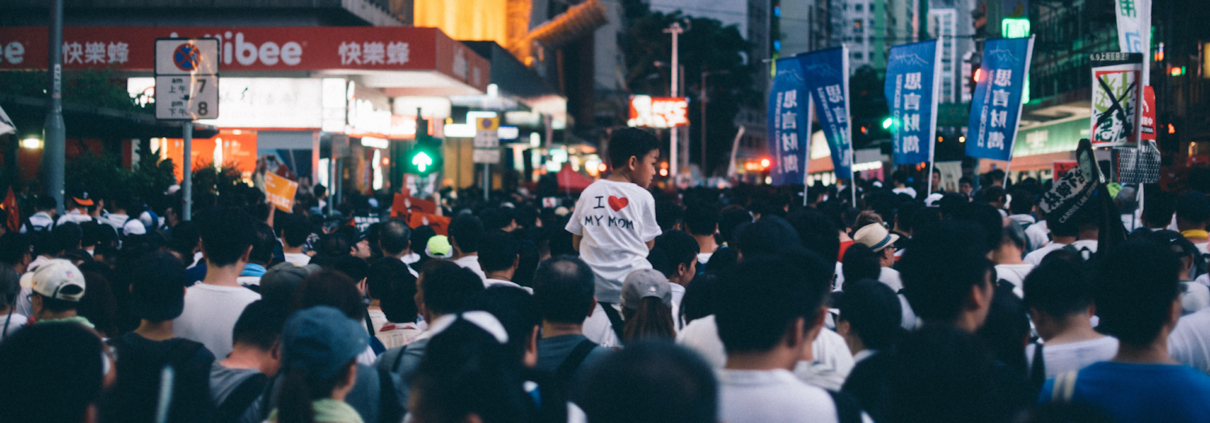Last year, when social media was awash with political rhetoric associated with the US Presidential Elections, I felt a growing sense of unease about the impact of these platforms. They are no longer fun, and are brimming with negativity for the most part. I’m not surprised that “social-media detox” is an actual phenomenon now, and even a much-needed one at that. And just when I thought there is no escaping negativity here, I was in for a surprise: ‘This claim about election fraud is disputed’.
This line, attached with the sitting President’s official tweet, took me by surprise. Soon, Facebook and Instagram followed suit, as thousands of right-wing accounts across platforms were, for the want of a better word, “de-platformed”.
Implications
At this stage, many conservative thinkers — and some liberals who advocate for free speech — voiced their concerns, arguing that banning Trump was antithetical to free speech. This notion, I believe, stems from Twitter’s inability to categorically justify the ban. The justification was limited to a few paragraphs explaining Twitter’s ‘Glorification of Violence Policy’. One could have guessed that it takes more to ban the “leader of the first world”. But welcome to the digital age, I guess.
Needless to say, ever since Trump’s ban, many continue to grapple with the bounds of “acceptable” social-media discourse. Who sets these bounds? Artificial Intelligence? Jack Dorsey? In any case, how do these platforms view the countries where they are banned? China, for example, has a no-nonsense approach to social media, having never entertained these platforms in the first place. What are these platforms doing about it? Are they publicly “disputing” China’s free-speech violations? Guess not.
Make no mistake—I’m all for combating disinformation. I’m aware that social-media censorship has translated to noteworthy outcomes. According to a study, when social-media platforms took on ISIS and its affiliated accounts, it led to considerable decline in online terror propaganda and recruitment. But when a democratically-elected President is held to the same standards, it creates more problems than solutions. We then run the risk of relegating such groups — right-wing nationalists in Trump’s case — into niche, less-moderated platforms like Telegram and Signal, where extremism can thrive in information cocoons, safely tucked away from public scrutiny. And when platforms set such precedents, they welcome trouble, as is currently the case in India.
India Vs. Twitter: A lopsided fight
The Government of India has been at odds with social-media platforms at various junctures. But lately, and especially after the pandemic outbreak, the spat has turned both public and ugly. This is primarily down to the ruling party’s crackdown on dissent, which has turned these platforms into digital battlegrounds. These simmering tensions recently hit the boiling point when Twitter flagged the ruling party spokesperson’s tweet as “manipulated media”.
This move saw the Delhi Police knock on Twitter India’s doors — which led to Twitter’s public denouncement of the government’s use of “intimidation tactics”. But it seems as though Twitter cracked under pressure, considering it followed through with the government’s requests to ban over 500 accounts and said it would “strive to comply” with the proposed Information Technology Law, which could endanger privacy.
This is where we talk about business. If Jack Dorsey is smart — and I believe he is one of the smartest — he knows all too well that this tussle with India is bad for business. India is the largest market for social-media platforms by a mile, and its exit could drive many platforms to near bankruptcy.
So, what’s the bottom line? Twitter, Facebook, and many other social media platform, have become so large that they’re essentially a world to themselves – with myriads sub-groups, opinionated people, and content, each with their own agenda. Facebook, for example, has nearly 2.7 billion users! That’s the population of India and China combined! So, just like there are grievances and reservations against public governance, mega platforms like Facebook and Twitter are no exception. But they’re the closest we got to achieving inclusion and pluralism in public discourse.
Users and social-media platforms have a collective obligation here. Platforms should have control over what people do on their sites, but that does not grant them the leeway to censor as per their whims. Since these platforms are raking in billions every year, they are not in the least bit incapacitated to achieve a true egalitarianism. And as users, we cannot immediately harbor utopian expectations from these platforms. What we can do though, is ensure that we drive the creation of rational, inclusive, and free platforms.



